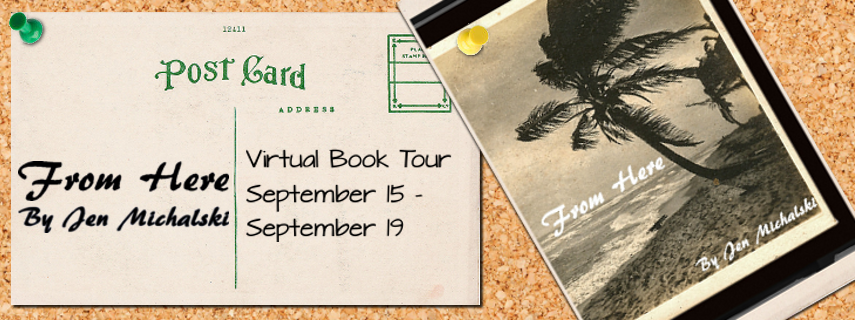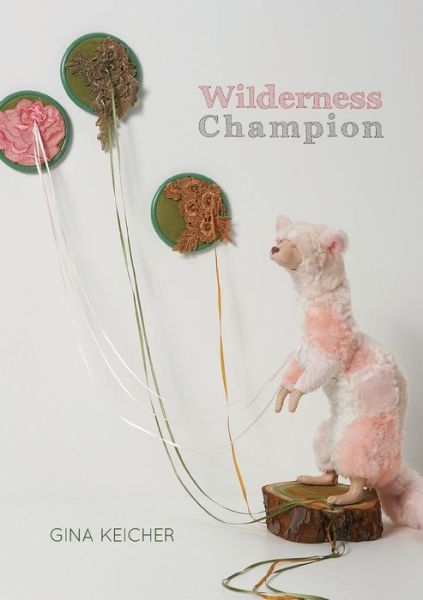–Interview by Diana Clarke
I met Chen Chen this spring at a writing retreat in Amherst, MA, and was thrilled to find his name and poems in the August issue of [PANK]. Chen was kind enough to speak with me about making and reading poetry that’s “queer and hairy and kinda smelly. “
1. Within the first stanza of “for i will do/undo what was done/undone to me” I found myself thinking of Walt Whitman, that most American of poets. I mean, first you have the opener borrowed from the Pledge of Allegiance, and then you move, like Walt in “I Hear America Singing,” into a litany of parallels. However Whitman’s love for America is generous and earnest–your pledge is a great deal more bitter, or at least skeptical–towards American tropes, towards the lover…
Well, I will say this: I love Whitman and sometimes wish I had his totally embracing exuberance, but I think you’re right in your reading of my poem–it’s more skeptical. It’s studied up a bit on postmodernism and poststructuralism, and it’s feeling less certain about projects (like nation-building or committed relationships) that seek to consolidate knowledge, close off possibility. The poem expresses a desire to align or adhere to something, but has a lot of trouble actually doing that–so the “pledge” is a searching for and an exploring, rather than a true avowal. Continue reading
![[PANK]](https://pankmagazine.com/wp-content/themes/pank/assets/images/pank-logo-large.png)


